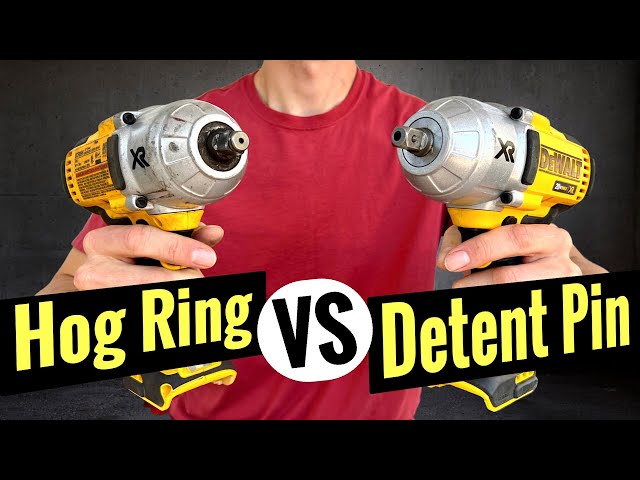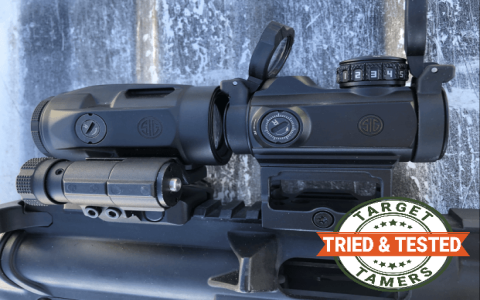My Frustration With Shed Door Clips
Okay so my old shed door kept popping open whenever the wind blew hard. Super annoying! The metal hog rings holding the latch were rusted to hell and finally snapped. Had this bright idea to properly compare hog rings against other cheap fasteners before fixing it for good. Figured others might wanna know what actually lasts.
Stuff I Grabbed For Testing
Went totally nuts buying different clips at the hardware store plus some random stuff from my garage junk bin:
- Zinc Hog Rings: The classic style everyone uses.
- Those Plastic Zip Ties: Super cheap ones from a big bundle.
- Small Stainless Steel Clamps: Tiny ones you tighten with a screwdriver.
- Twisted Wire: Like you’d use for hanging pictures or something.
- Crimp Sleeves: Little tubes you smash onto wire ends.
Grabbed my thickest leather gloves too after remembering how sharp these things get.
How I Set Up The Torture Test
Took an old piece of plywood and nailed two metal brackets about a foot apart. Needed something those fasteners could grab onto like my shed latch did. Made a simple pull rig with my heavy-duty ratchet straps hooked to my truck’s trailer hitch – yeah, seriously! Wanted to crank things until something broke. Stood way back behind a workbench during pulls though. Learned my lesson last time!

The Pull Tests – Stuff Snapped Fast!
Started cranking the strap slowly. Here’s what happened:
- Cheap Plastic Ties: First pull snapped every single one. Like they were made of dried spaghetti! Total garbage for strength.
- Twisted Wire: Actually held okay… until the wire started untwisting itself under tension. Sloppy and weak.
- Crimp Sleeves: Held tight! But crimping them perfectly was a nightmare. Messed up a bunch trying to smash them enough.
- Stainless Steel Clamps: Strong, no rust… but holy cow were they fiddly to tighten in that tight latch space.
Finally cranked hard on the Zinc Hog Rings. Had to use special pliers to close them tight on the brackets. Darn things barely budged under heavy pulling! Was genuinely surprised.
The Ugly Side – Hog Rings Bite Back
That strength comes with serious gripes though. Took ages wrestling with that stupid pliers tool. My hand was cramping bad. Plus when stuff does eventually rust or break, those little metal shards fly everywhere. Nearly got one in the eye when a rusty old one finally gave up the ghost! Safety glasses saved me big time.
Final Thoughts For My Shed Door
So yeah, if you need pure grip strength for something heavy like my door? Hog rings won. They just clamped down hard and stayed put. Found myself respecting the dumb little things, despite hating the application process. For lighter stuff? Honestly the small stainless clamps weren’t terrible. Way easier to get back off too. But for my wind-blasted shed door? I grunted through putting the stupid zinc hog rings back in. Pricey compared to zip ties? Yeah. Lasts longer than anything else? Definitely yes.
